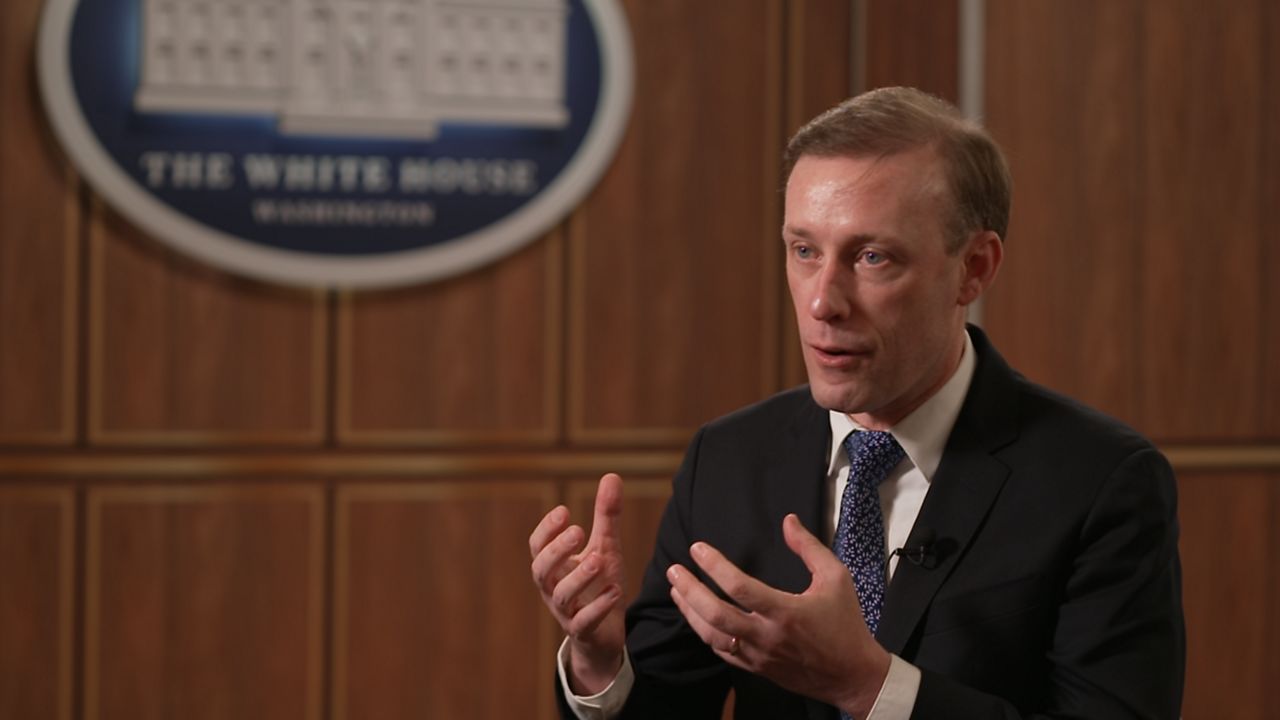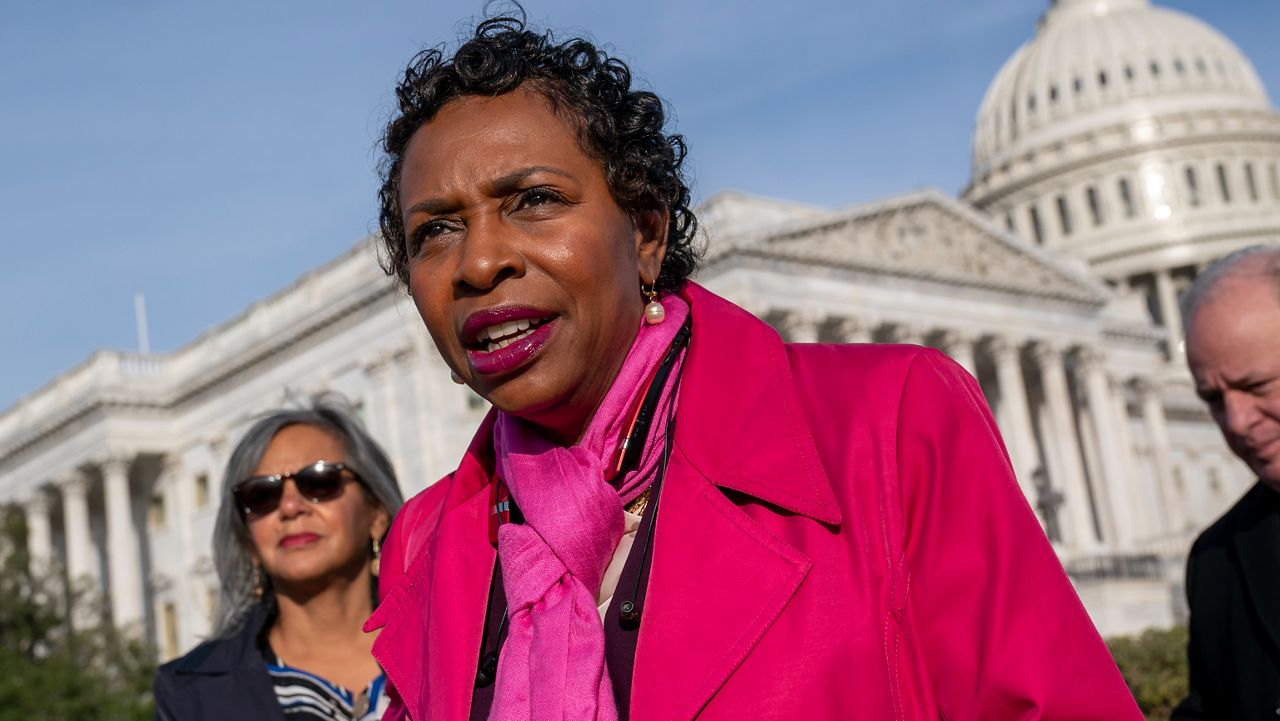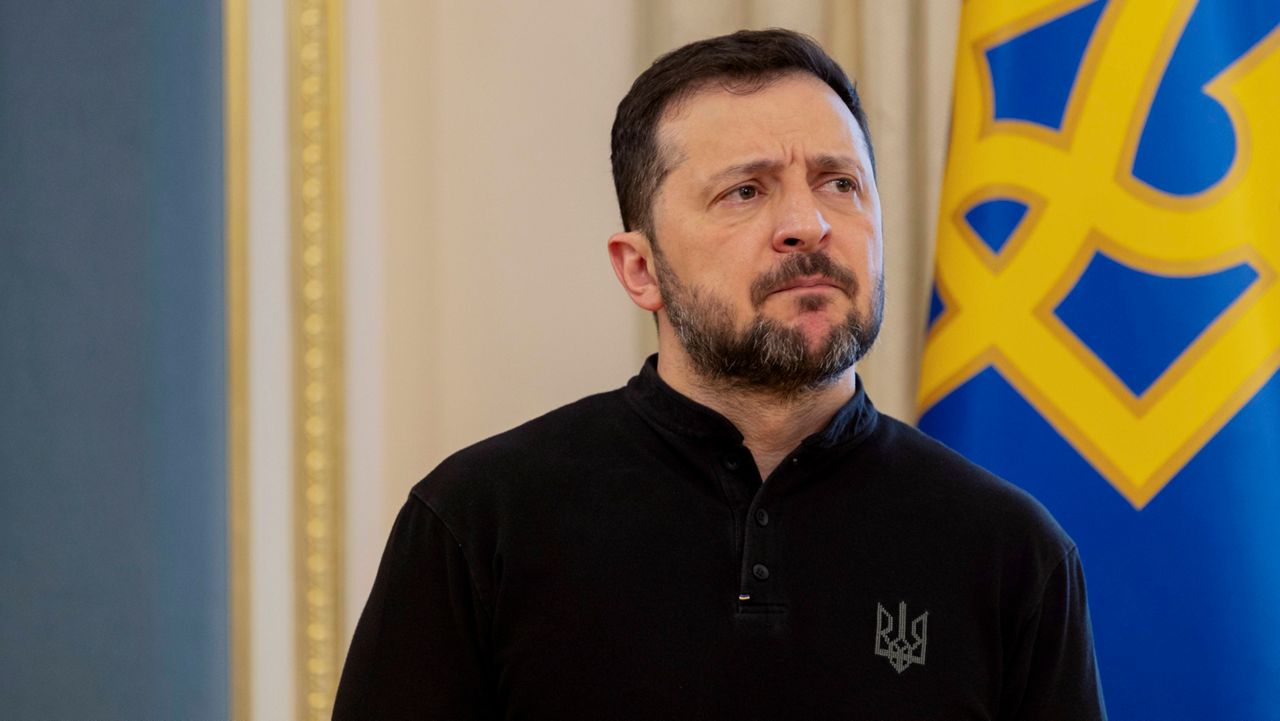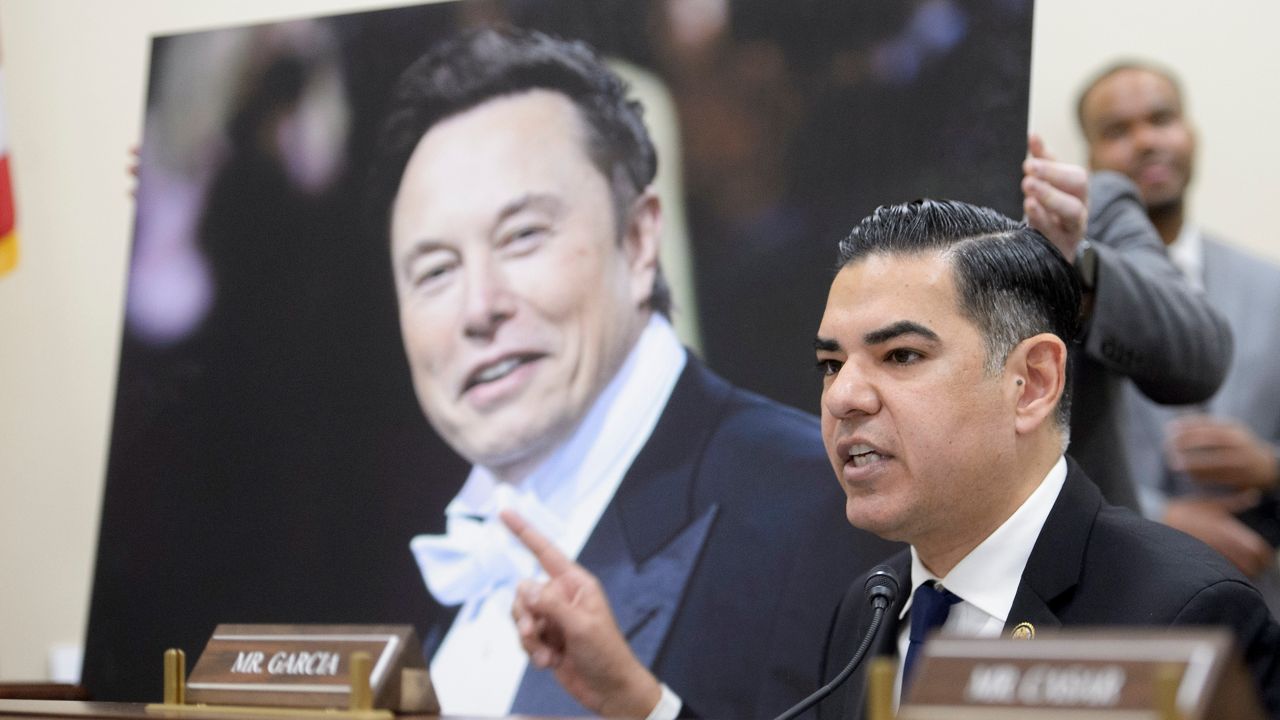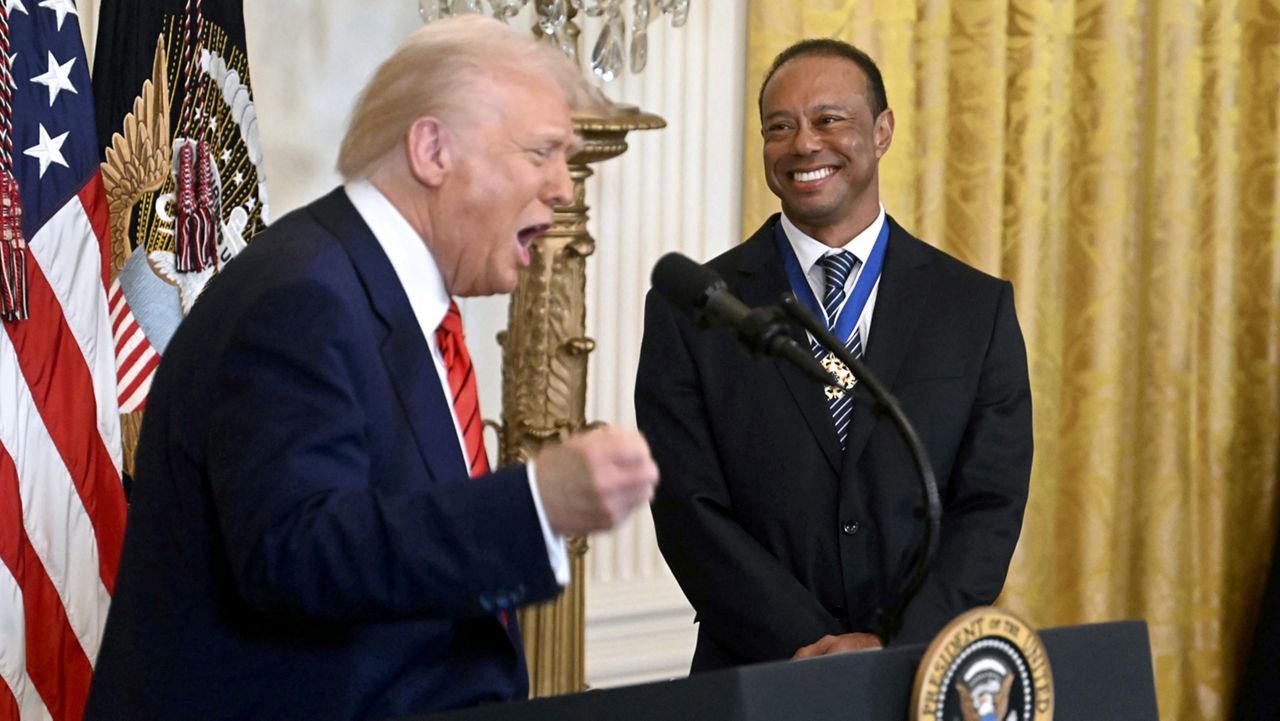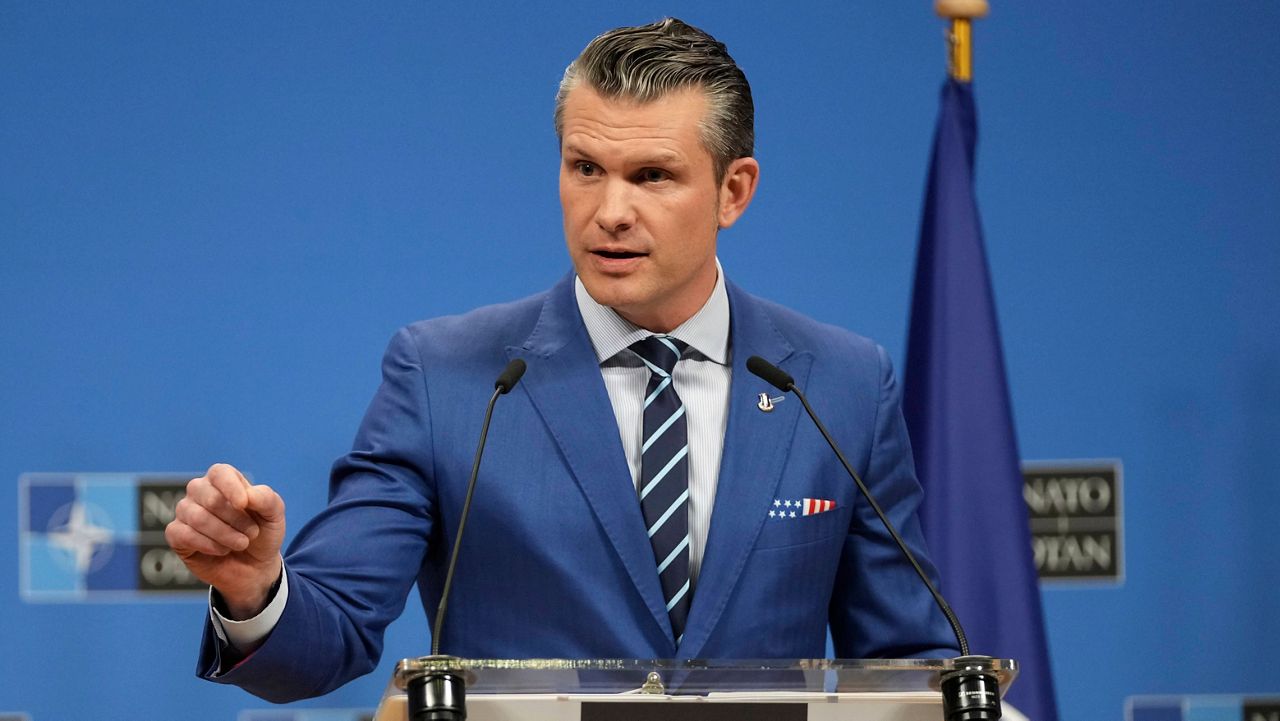WASHINGTON — Just days before he is set to leave the White House, national security adviser Jake Sullivan declared that the U.S. is “firmly in the lead” on artificial intelligence, calling it “the single most dramatic development in human affairs in quite some time.”
Sullivan’s comments came in an interview with Spectrum News on Monday — exactly one week before President Joe Biden will hand over power to President-elect Donald Trump — in which he reflected on his four years working on national security and foreign policy matters in the West Wing.
In an interview that also touched on the Middle East, the withdrawal from Afghanistan, communication with the incoming administration and more, Sullivan specifically pointed to AI when asked about the largest challenges for America on the world stage in the years ahead. The world, Sullivan said, is currently “undergoing a massive technology revolution.”
“The question is, will artificial intelligence work for us, or will it work against us?” Sullivan said. “And the difference between for and against is American leadership — whether America leads the world on AI or we leave it to the likes of China.”
The outgoing national security adviser said when Biden entered the Oval Office, pundits — as he called them — predicted China would beat the U.S. when it came to the rapidly evolving technology. Over the last four years, however, Sullivan said he made putting the U.S. in a position where it can lead in the space, while also ensuring guardrails are in place, a personal “major focus.”
“As we leave, America is firmly in the lead on AI, and I hope that that continues under the new administration,” he said. “Because the difference between America shaping the world on AI and China shaping the world on AI is a profound difference for our interests and values.”
Attention on artificial intelligence exploded in Washington over the last few years, particularly after Sam Altman, the CEO of ChatGPT maker OpenAI, testified about the technology at a Senate hearing in May 2023.
During his time in office, Biden announced commitments from leading AI companies to follow safeguards and signed an executive order regarding the development and use of the technology in October 2023.
In the interview, Sullivan also said he is confident that a hostage release deal, something the Biden administration has been working on for months, would get done soon “one way or the other” and potentially before the president leaves office. He said both Biden and Trump’s teams are working “very closely” on the issue.
“One thing that has been a hallmark of this transition, which President Biden gave us direction to do, is that we have worked very closely with the incoming team across the board,” Sullivan said.
While Biden has been highly critical of the language Trump has used when it comes to the NATO alliance, Sullivan declined to weigh in on how the incoming administration may approach foreign policy and national security.
“I'm going to be careful myself, having experienced that, not to be an armchair quarterback,” Sullivan said. “I want to give them a chance to go take the reins of American foreign policy, try to execute against it [and] not be the first one out there opining on it or giving a hot take.”
Sullivan, however, appeared to imply that there could be a difference between the rhetoric used by the incoming president on the campaign trail and how he actually executes on foreign policy matters in office.
“There's always a gap between those two things no matter who's in charge because reality is just different from the statements that you make, statements of principle that you might make during a campaign,” Sullivan said. “So we will have to see what they actually do when they come into office.”




